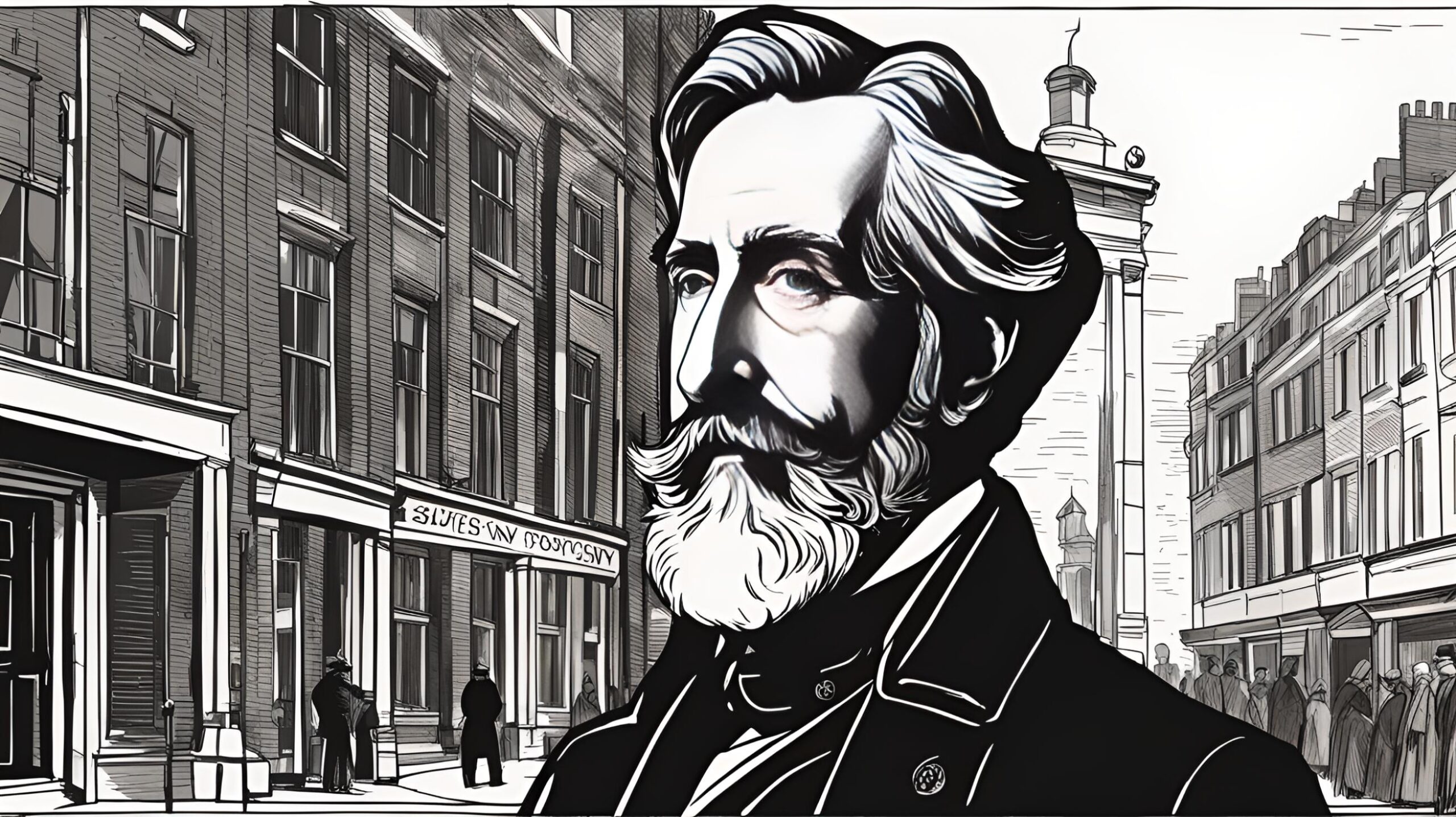Flashback to July 5
American History

The Emancipation Proclamation, signed by President Abraham Lincoln on 1/1/1863, presents a distinctive and influential moment in American history. A significant milestone in the Civil War, the decree transformed the character of the conflict, foregrounding the abolition of slavery as a prophetic objective.
The advent and implications of the Emancipation Proclamation demonstrate a fascinating narrative in American history. More than 150 years have elapsed since this dramatic moment, yet its historical tremors still resonate in our society. The understanding of this incredible event that happened on 1/1/1863 helps in comprehending the profound social and cultural shifts that ensued. This document, coupled with the events leading up to its issuance, provides a comprehensive portal into the collective American consciousness of the 1860s.
Before the Emancipation Proclamation, the Civil War was primarily engaged as a devotion to preserving the Union, rather than an aggressive effort to overthrow the institution of slavery. President Lincoln hesitated in taking direct action against slavery because he didn’t want to antagonize the four Border States that hadn’t seceded. Lincoln’s adoption of the Emancipation Proclamation delved the Civil War into unparalleled depths, making the abolition of slavery an official war goal.
The Emancipation Proclamation, in effect from January 1, 1863, contributed several critical modifications to the Civil War. It declared freedom for all enslaved persons situated in the Confederacy under active rebellion, excluding those in the Border States and specific regions under Union control. Nevertheless, it reignited abolitionist hopes for a complete end to slavery, fortified black enrollment into the Union Army and Navy, and diminished the likelihood of European assistance to the Confederacy.
In interpreting the Emancipation Proclamation from a modern perspective, it is vital to understand that of all enslaved African Americans in the U.S., less than 1% were effectively freed by it. Yet, symbolically, the Emancipation Proclamation was a drastic step forward. Consequence-wise, its influence extends beyond the immediate effects on the lives of enslaved individuals. It marked a transformation in Lincoln’s stance, from limiting the spread of slavery to eradicating it outright, inducing a profound shift in the attitude towards slavery in America.
Additionally, the Emancipation Proclamation incited the groundwork for the 13th Amendment, which ultimately brought about the abolishment of slavery in the United States. Though the Proclamation executed on 1/1/1863 did not legally outlaw slavery, it crowned freedom as an inherent right to all people irrespective of color and pushed forward the necessity for constitutional amendments to ensure this right long-term.
Moreover, the Emancipation Proclamation demonstrated how a single event in history could trigger ripples of change on individual and societal levels, affecting the course of civil rights and shaping the nation’s socio-political landscape. The Proclamation acted as a beacon of hope for those enslaved, inspiring them to fight for their freedom, thereby propelling change throughout American society.
On a global scale, the Emancipation Proclamation had significant international impressions. Its issue on 1/1/1863 gained increased support for the Union cause from European nations such as England and France. This swayed international sentiments towards the Union, stating that the war was not only for preservation but also for the liberation of millions of human beings from slavery.
the Emancipation Proclamation issued by President Lincoln on 1/1/1863 was astounding and transformative for its epoch, and still holds relevant lessons in today’s world. It portrays the power of legislative action in driving social change and inspires to remember that significant advancements often come through patient, persistent, and principled steps forward.
We strive for accuracy. If you see something that doesn't look right, click here to contact us!
Sponsored Content

William Booth founded Salvation…
"On July 5, 1865,…

Engagement at Carthage, Missouri.
The Engagement at Carthage,…

C Jackson discovers asteroids…
On July 5, 1937,…

Committee of 9 appointed…
On July 5, 1843,…

William Shockley invents the…
On July 5, 1951,…

President Franklin Roosevelt signs…
On July 5, 1935,…

